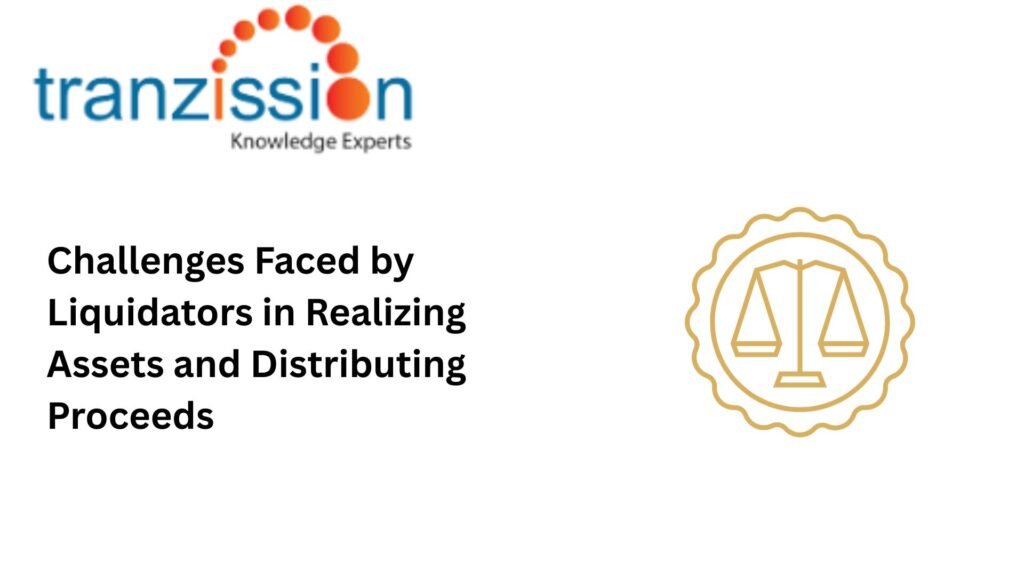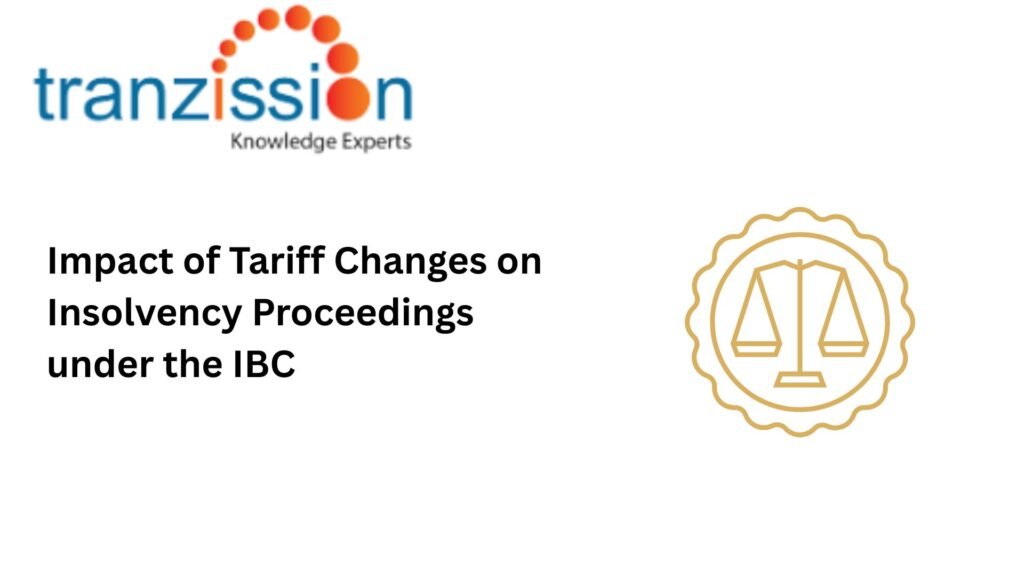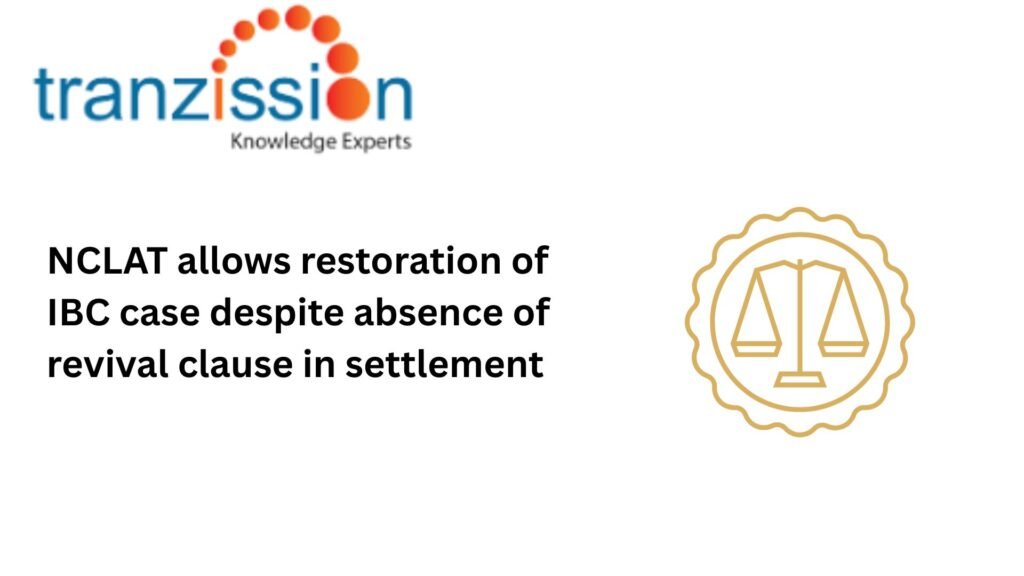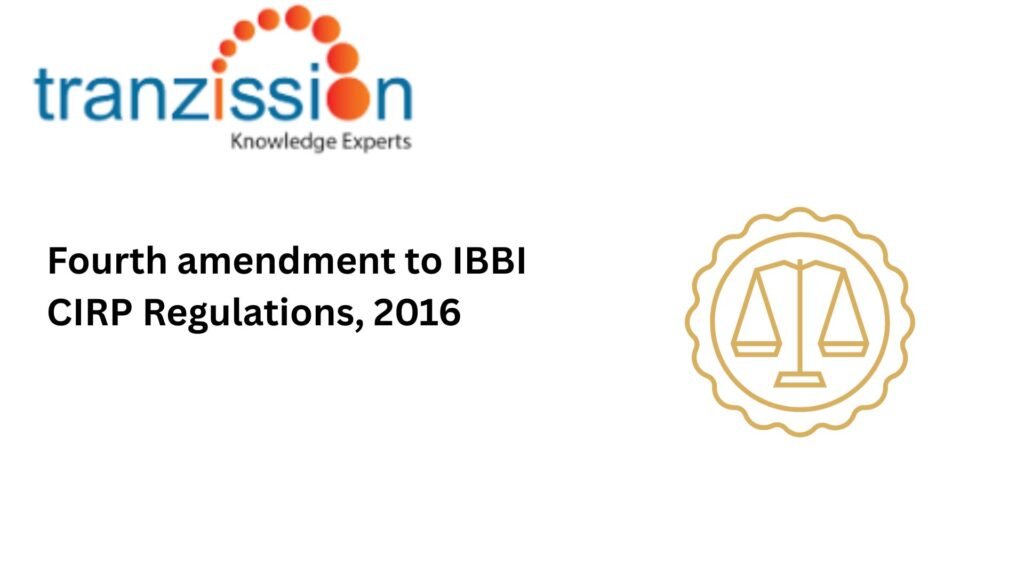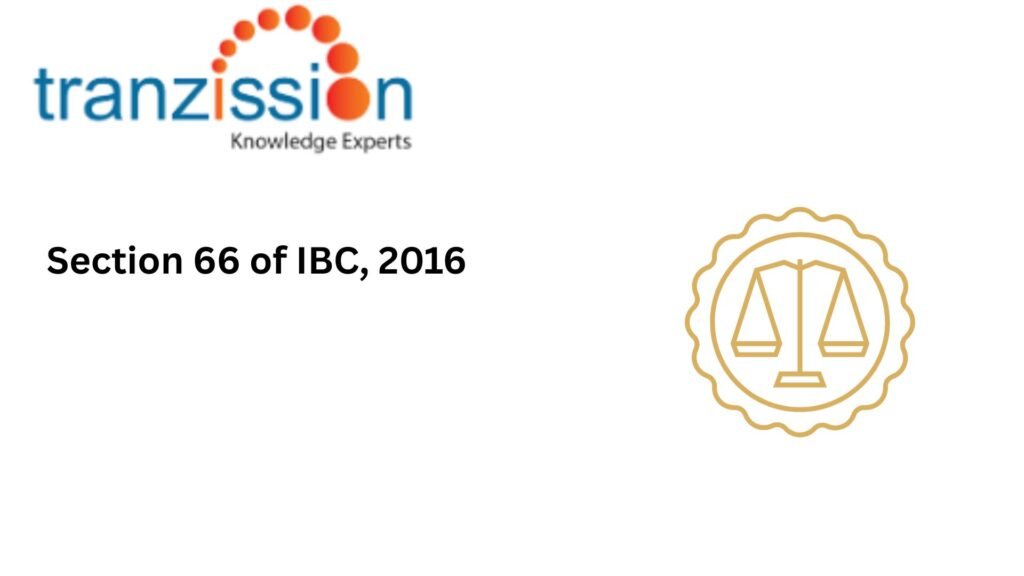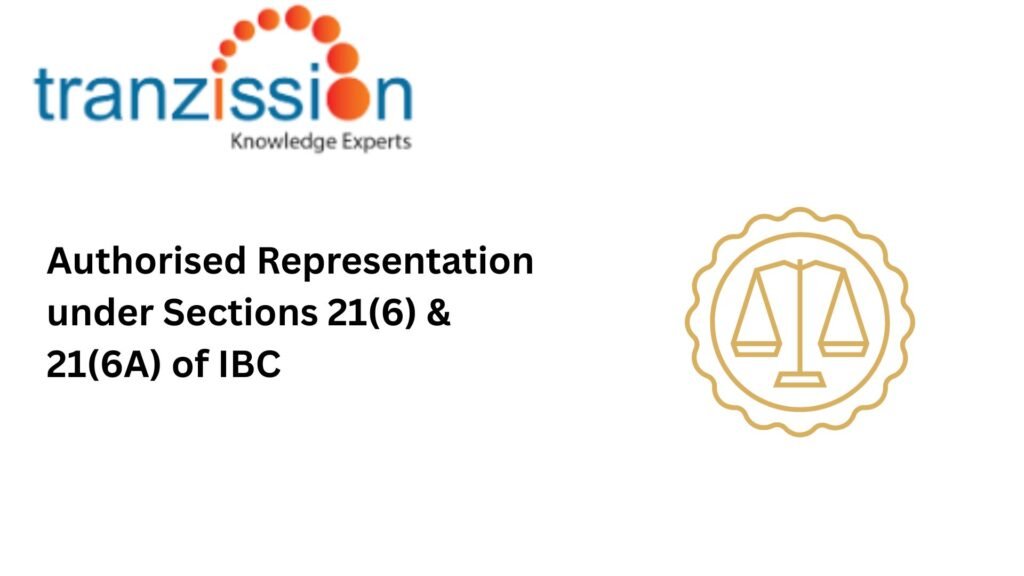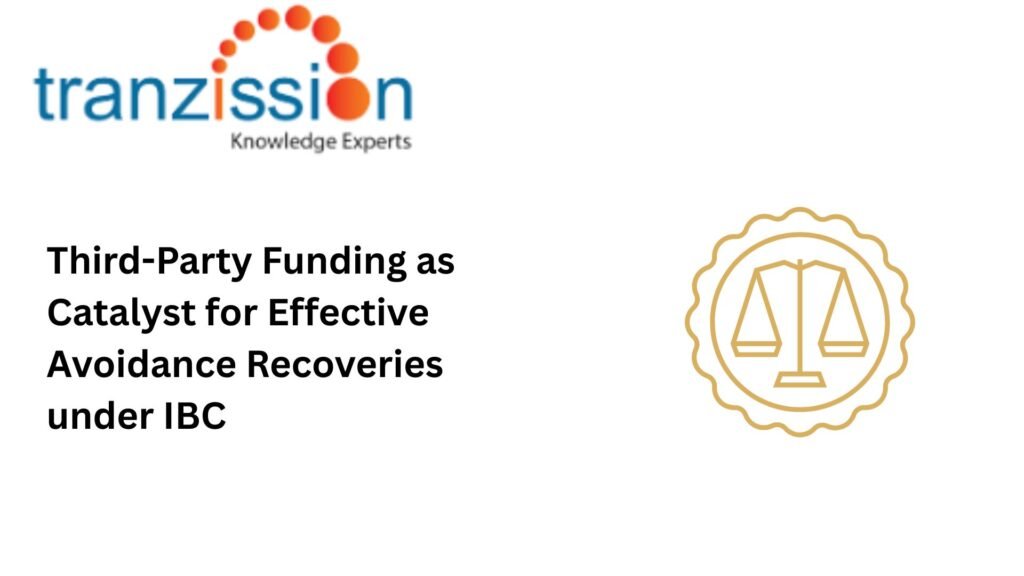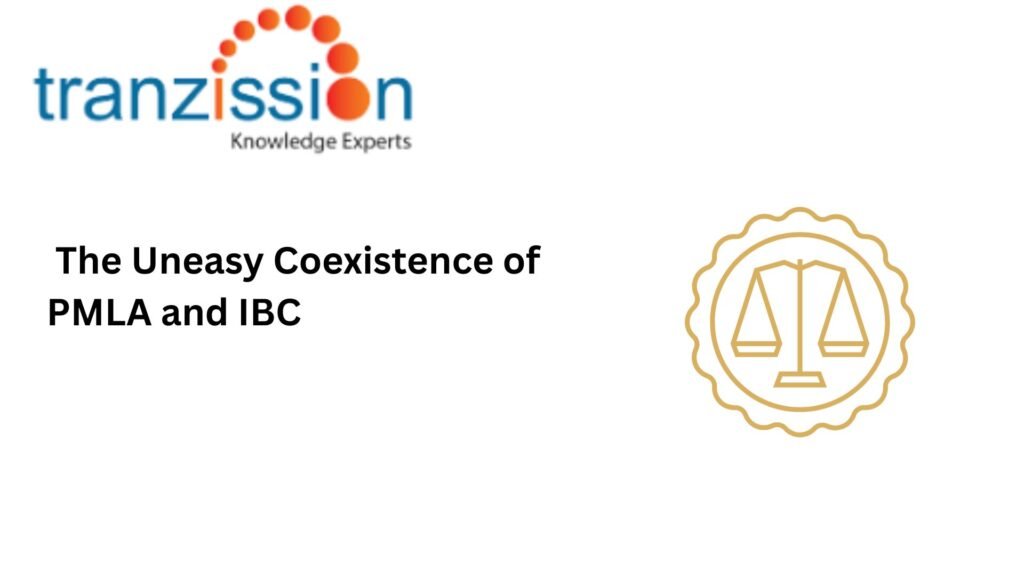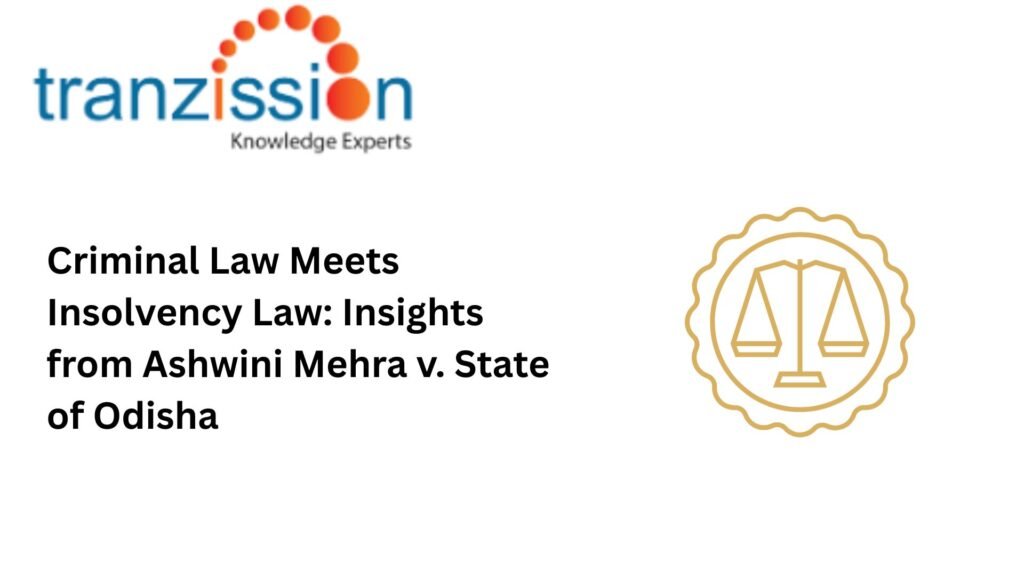Challenges Faced by Liquidators in Realizing Assets and Distributing Proceeds
Under the Insolvency and Bankruptcy Code, 2016 (IBC), the liquidator has an important role in realising and distributing a corporate debtor’s assets. While the IBC offers a structured framework for this process, liquidators frequently encounter significant practical, legal and operational hurdles that complicate their mandate. These Challenges Faced by Liquidators, which include issues like disputes […]
Tariff Changes on Insolvency is regulated sectors like power, telecom, and infrastructure are critical determinants of a company’s financial viability because they directly impact revenue streams and profitability. These fluctuations in regulated prices significantly influence the valuation of assets, the feasibility of resolution plans proposed during insolvency, and the ultimate recovery prospects for creditors under […]
The Insolvency and Bankruptcy Code, 2016 (“the IBC”) is a comprehensive law in India, enacted to provide a time-bound process for resolving insolvency and bankruptcy, while maximizing the value of assets and ensuring timely recovery for creditors. Section 12A, introduced through the IBC (Second Amendment) Act, 2018, allows for the withdrawal of an insolvency application […]
Fourth amendment to IBBI notified on May 26, 2025, which came into effect immediately. The key changes aim to increase flexibility, streamline, enhance transparency, add procedural flexibility, and balance stakeholder interests in the resolution process. The authority is derived under clause (t) of sub-section (1) of Section 196 read with Section 240 of the Insolvency […]
The Insolvency and Bankruptcy Code, 2016 (“the IBC”) is a landmark legislation designed to streamline corporate debtor restructuring and ensure timely resolution of insolvency cases. It emphasizes director accountability during insolvency by holding them personally liable for actions that worsen the financial position of a failing company, thereby protecting creditor interest. Section 66 of the […]
The Committee of Creditors (CoC) is the primary decision-making body during the insolvency process, composed of financial creditors who collectively decide on the future of a corporate debtor, including approving resolution plans or initiating liquidation. It is crucial for maximizing asset value and ensuring creditor interests are protected through the insolvency process. In some insolvency […]
The Insolvency and Bankruptcy Code, 2016 (IBC) is an umbrella legislation which establishes a time-bound process for resolving corporate insolvency through the corporate insolvency resolution process (CIRP) or liquidation, aiming to maximise asset value and balance stakeholder interests. The Employees’ Provident Fund Organisation (EPFO) enforces statutory obligations under the Employees’ Provident Funds & Miscellaneous Provisions […]
Corporate debtors undergoing insolvency proceedings often face severe financial distress due to insufficient assets, making it extremely difficult to fund litigation, like avoidance proceedings, which are critical for recovering assets and maximizing their asset value. The lack of funds creates a significant barrier, as traditional financing is typically unavailable or too risky for creditors during […]
The Prevention of Money Laundering Act, 2002 (PMLA) is a penal statute designed to combat money laundering and the financing of terrorism, granting the Enforcement Directorate (ED) extensive powers to attach, seize, and confiscate assets derived from criminal activities including those deemed proceeds of crime. In contrast, the Insolvency and Bankruptcy Code, 2016 (IBC) is […]
The liquidator, appointed under Section 34 of the Insolvency and Bankruptcy Code, 2016 (IBC), assumes all powers of the corporate debtor’s board of directors and key managerial personnel upon receipt of a liquidation order, acting as a court officer to oversee the company’s orderly dissolution. The liquidator serves a quasi-judicial function, particularly in admitting or […]

